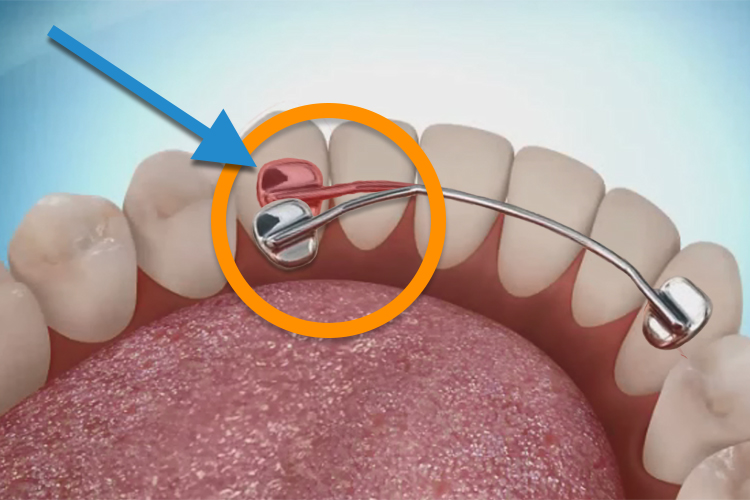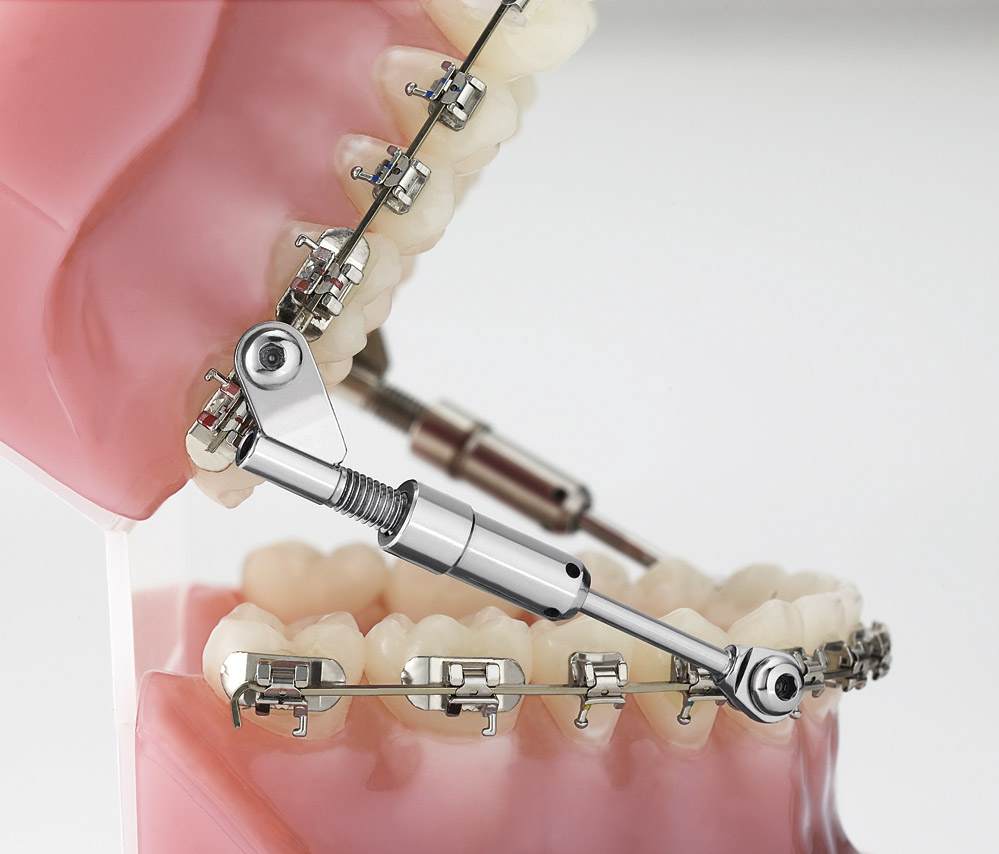How to Tell If Your Dentist Is Recommending a Root Canal Too Soon?

When faced with tooth pain or sensitivity, it's not uncommon to leave your dentist's office with a recommendation for endodontic treatment. But how to tell if your dentist is recommending a root canal too soon is a concern many patients quietly worry about. While Root Canal Treatment in Dubai are often necessary and effective for saving infected teeth, some cases might not require immediate intervention. Understanding the signs, alternatives, and questions to ask can help ensure you're making the right decision for your oral health without undergoing unnecessary treatment.
What Are the Valid Reasons for a Root Canal?
Before questioning your dentist’s advice, it’s important to understand the legitimate reasons a root canal might be needed. This procedure is typically used to treat infections or irreversible damage in the tooth’s pulp.
Signs a root canal may be warranted include:
Persistent, throbbing tooth pain
Prolonged sensitivity to hot or cold
Deep decay or a visible dark spot on the tooth
Swollen or tender gums near the tooth
A pimple-like bump on the gum (abscess)
If these symptoms are present and supported by X-rays, a root canal is usually a justified course of action.
When Might a Root Canal Be Premature?
Sometimes, a dentist may suggest a root canal without exploring all the conservative options first. There are situations where the tooth may still be alive and capable of healing, especially if the pulp is inflamed but not infected.
Scenarios that could indicate a premature recommendation:
Mild or occasional pain without any other symptoms
No visible signs of infection or decay on X-rays
No prior attempt at less invasive treatments like fillings or desensitizing agents
Over-reliance on patient-reported pain without diagnostic confirmation
If your symptoms are manageable and there’s no clear evidence of pulp death, you may have time to explore other options.
Questions to Ask Before Agreeing to a Root Canal
When wondering how to tell if your dentist is recommending a root canal too soon, being proactive and asking questions is key. A transparent, patient-centered dentist will be happy to explain their reasoning and discuss alternatives.
Smart questions to ask include:
What evidence shows that the nerve is infected or dead?
Can you show me the X-rays and explain the findings?
Have we tried less invasive options yet?
Could the pain be caused by something reversible like gum irritation or sinus pressure?
What happens if we wait and monitor the tooth?
These questions help you better understand the necessity and timing of the recommendation.
Seeking a Second Opinion: When and Why
Getting a second opinion doesn’t mean you don’t trust your current dentist—it’s simply a way to confirm that the recommended treatment is appropriate. Especially when the recommendation is unexpected, it's wise to consult another dental professional.
Good reasons to seek a second opinion:
The diagnosis feels rushed or unclear
You don’t have noticeable symptoms of infection
You’re being asked to commit to an expensive treatment without detailed explanation
You want to explore alternative treatments first
Choose a qualified, independent dentist or endodontist to evaluate your case and provide an unbiased assessment.
Alternatives to Consider Before a Root Canal
If your tooth isn’t irreversibly damaged, less invasive treatments may resolve the issue without needing a root canal. These alternatives depend on the cause and severity of your symptoms.
Possible options include:
A deep filling or dental crown if decay hasn’t reached the pulp
Pulp capping, which helps the pulp heal under a protective layer
Desensitizing toothpaste or fluoride treatment for sensitive teeth
Treating bruxism or gum disease if they are causing pain
Monitoring the tooth over time for changes or worsening symptoms
Your dentist should discuss these alternatives if the situation allows for it.
Trusting the Right Dental Professional
Ultimately, knowing how to tell if your dentist is recommending a root canal too soon comes down to understanding the diagnosis and trusting the person providing your care. A good dentist will not rush you into a procedure but will take the time to explain all your options and let you make an informed choice.
Here’s what to look for in a trustworthy dentist:
They explain X-rays and clinical findings clearly
They welcome your questions and concerns
They don’t pressure you into quick decisions
They offer alternatives when possible
They support getting a second opinion if needed
Empowering yourself with knowledge and advocating for your health can help ensure that any treatment you undergo—including a root canal—is truly necessary and in your best interest.
Note: IndiBlogHub features both user-submitted and editorial content. We do not verify third-party contributions. Read our Disclaimer and Privacy Policyfor details.







